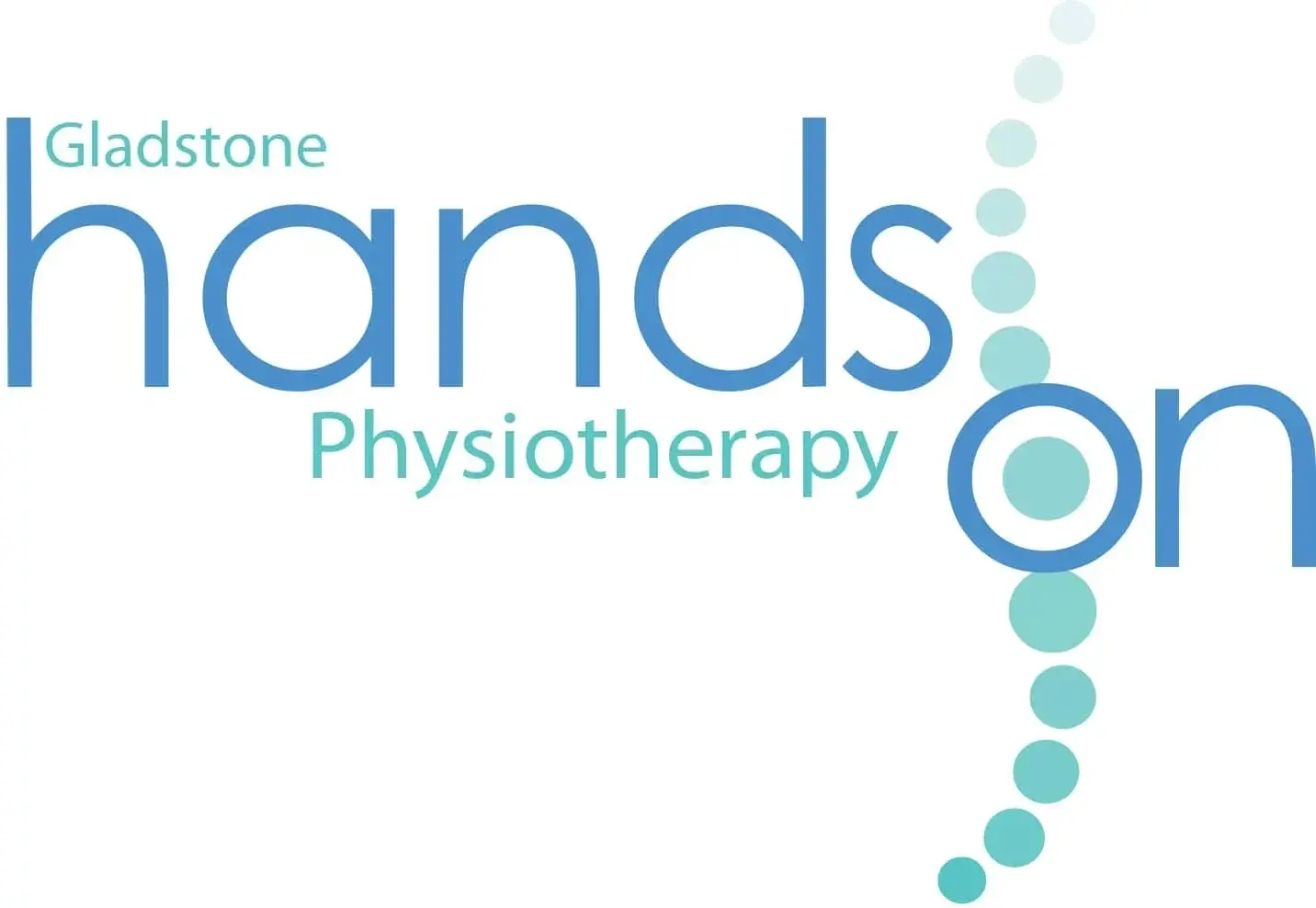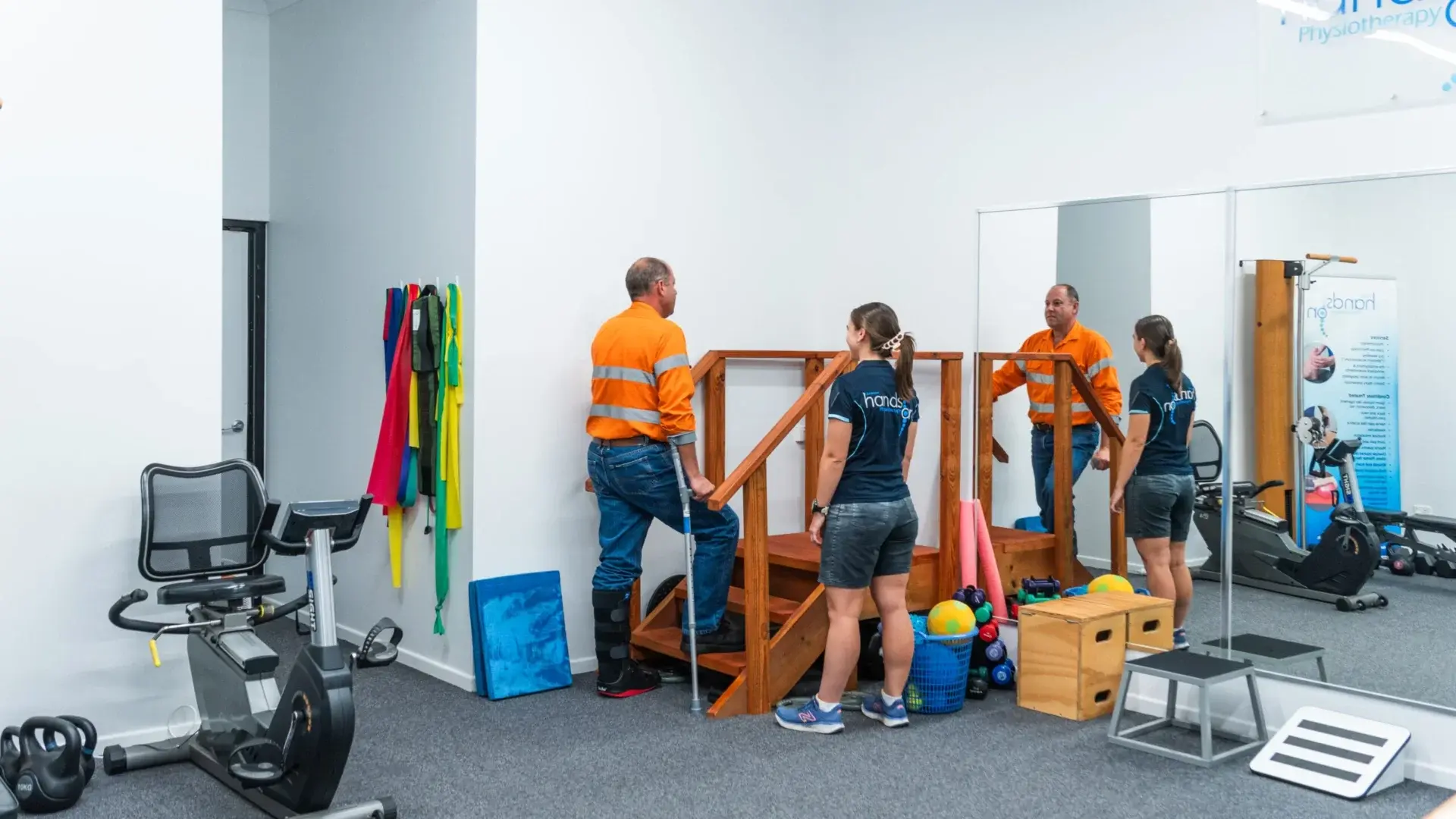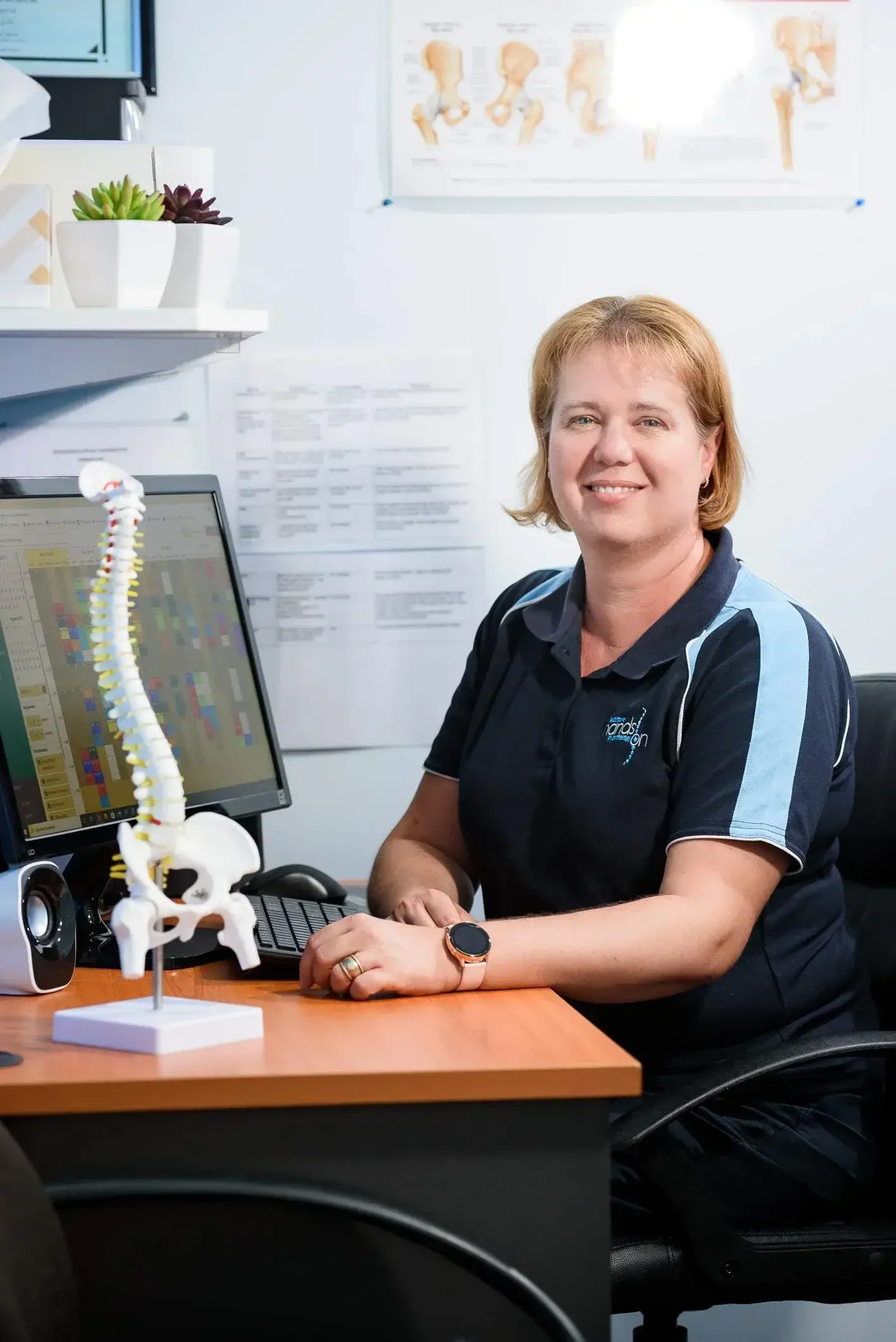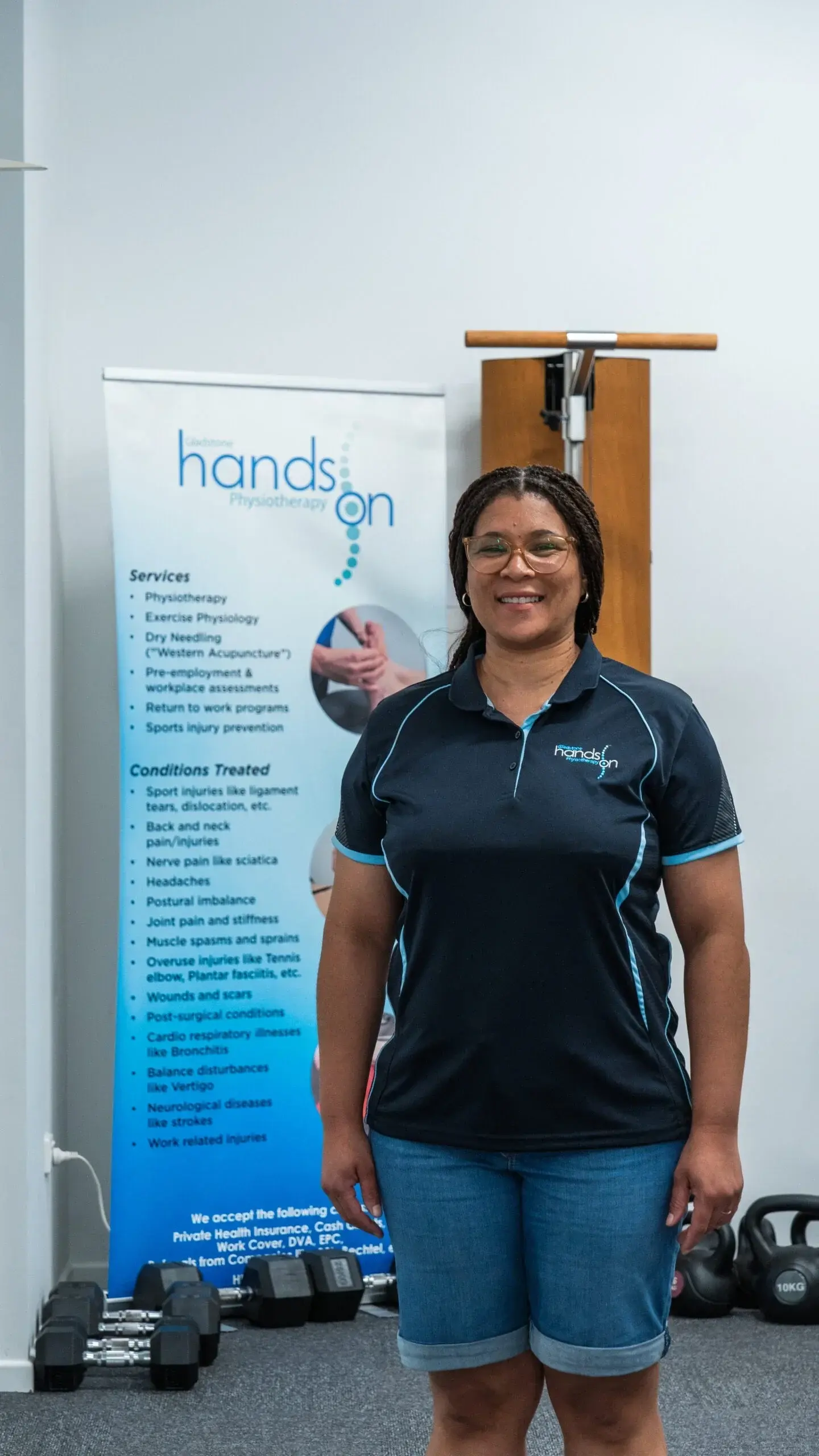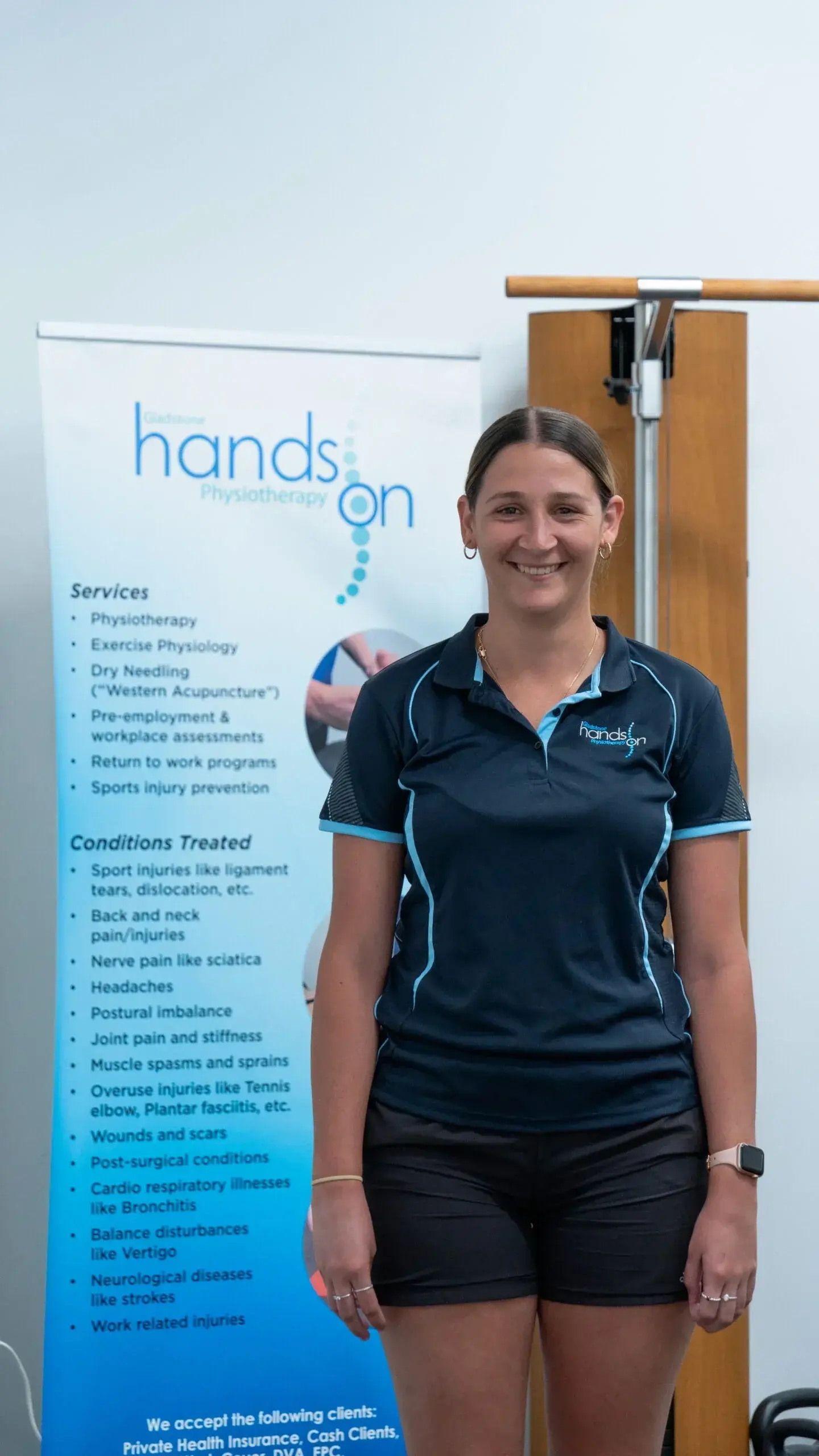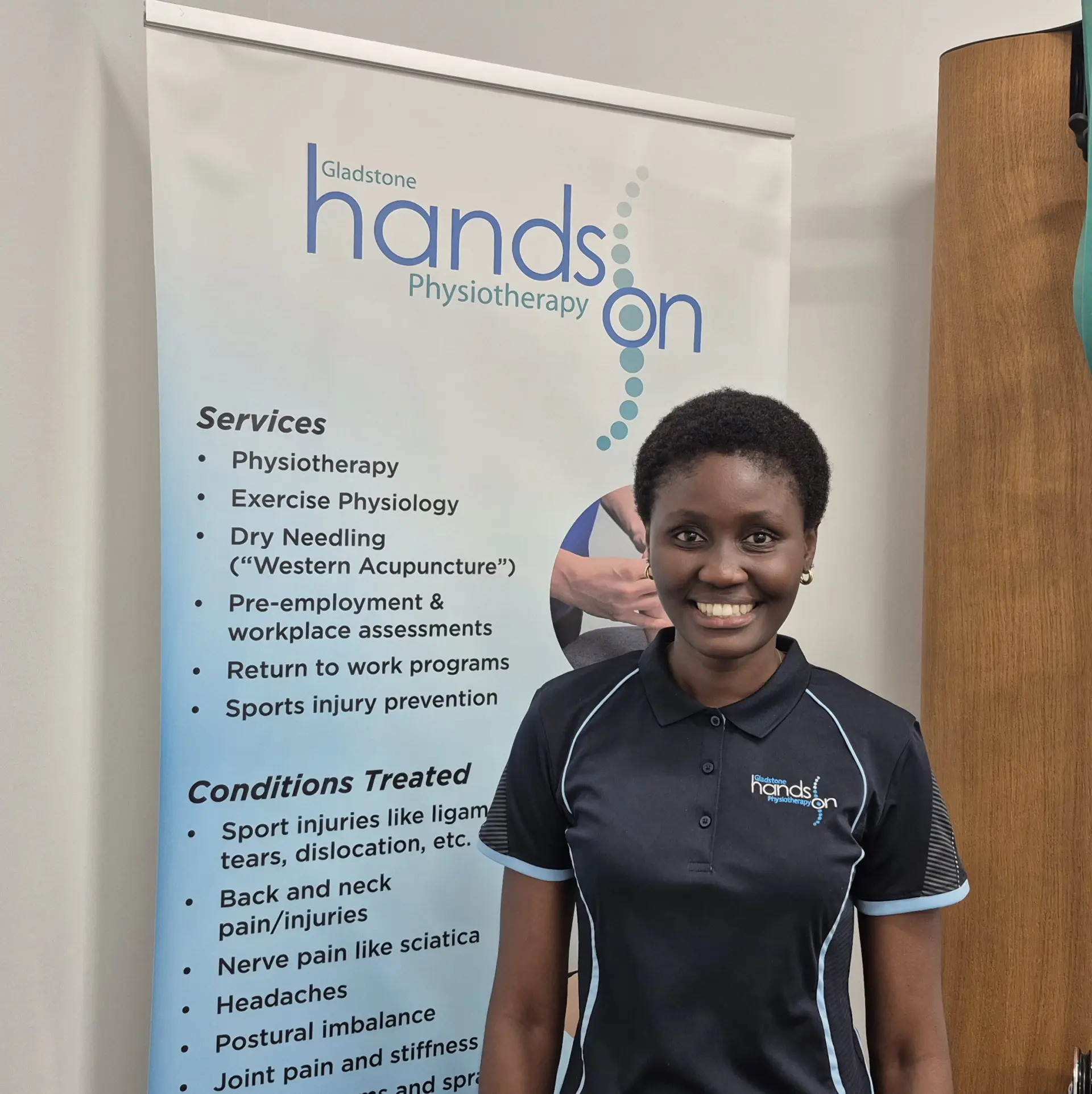Surgeries that result in functional limitations post-operatively require rehabilitation to help the client regain their functional capacity. In surgeries involving the musculoskeletal system (muscle, bone and nerves), or where the musculoskeletal system is affected, function and mobility is lost and needs to be regained through rehabilitation. Rehabilitation after surgery could range from 4-6 weeks to 6 months depending on the type of surgery and the client’s rehabilitation goals.
Post operatively you will be given exercises to reduce the risk of developing secondary complications, but it is during rehabilitation where you will regain mobility and function. Post-operative rehabilitation requires an assessment and corresponding management plan. It allows clients to track their post-operative rehabilitation until reaching their desired outcomes. Post-operative rehabilitation often involves mobility, strengthening and functional rehabilitation as most of these abilities would have diminished with surgery. Clients are educated and given home exercises to ensure the continuation of the rehabilitation at home and to encourage self-management.
Post-operative management may also include a home assessment as many surgeries may result in functional deficits that could require adaptations to be made at home and/or work. Return to work and activity is a major goal post operatively and each clients functional requirements may differ. Post-operative rehabilitation is aimed at preparing clients for the physical demands of their life.
Here are some examples of common surgical conditions we treat:
- Rotator cuff repairs on shoulders
- ACL repairs in knees
- Total hip and knee replacements
- Shoulder replacements
- Surgical fracture repairs (open reduction and internal fixation)
- Spinal fusions, disc replacements, etc.
- Ankle and knee ligament repairs
- Wrist and elbow surgery
- Hand surgery
- Tendon repairs
How long is rehab after surgery?
Tissue healing takes about 6-8 weeks which should be the least amount of time participating in therapeutic rehabilitation. Depending on the type of surgery and the surgeons’ guidelines, length of rehabilitation may vary. Complex surgery or surgery to several areas of the body can take 18 months or longer to rehabilitate.
Why is rehabilitation important after surgery?
Rehabilitation is important to help people to regain their independence after surgery. Rehabilitation will assist in regaining range of movement, strength, improve circulation and overall function following surgery. It will also prevent permanent disability and reduce the risk of scar tissue from forming and impacting on the client’s function.
When should you start physical therapy after surgery?
Physical therapy typically begins the day after surgery, in some cases the same day unless instructed otherwise by the surgeon.
How long should a person rest after surgery?
This is dependent on the type of surgery and the surgeon’s instructions. Tissue healing typically takes 6-8 weeks.
Is physical therapy worth it after surgery?
Physical therapy is essential for post-operative recovery. It can improve recovery times, reduce scar tissue development, improve mobility, improve strength, and assist in regaining function. Physical therapy may also help with pain management and reduce the excessive use of pain medication.
